NY Times attacks the Met for racist stereotypes
NewsFrom Anthony Tommasini’s Times review of Franco Zeffirelli’s spectacular production of Puccini’s Turandot:
When this production was last mounted, in the fall of 2019, the lead roles of Turandot, an icy Chinese princess, and Calàf, the prince who seeks to win her love, were sung splendidly by the soprano Christine Goerke and the tenor Yusif Eyvazov. Assuming these demanding parts again on Tuesday, they were even better.
But 2019 seems a long time ago. Much has changed since the pandemic forced the closure of cultural institutions around the world, including a wave of anti-Asian hostility that has compelled the arts to re-examine lingering prejudices and racist stereotypes. For some, “Turandot” — not just Zeffirelli’s extravagant production, but the opera itself, set in the fantastical Peking of legend — is an example of the problem. As much as I love the music, and as often as I’ve seen (or put up with) this staging, it was impossible not to view it this time in this context….
Who needs single-issue agitators when the Times does the job for them?
Heather Mac Donald responds in City Journal:
There’s another way of responding to Zeffirelli’s production, however: with imaginative sympathy. It is faithful to Puccini’s intentions. No sane person would think that Asians are threatened by its portrayal of the ministers or by any of the other characters. Yet today’s political narcissism drags every artistic expression into a single narrative of oppression and discredits those that fail current standards of enlightenment. In this way is the human imagination constrained and crushed. See the Zefirelli Turandot now; this is your last chance.
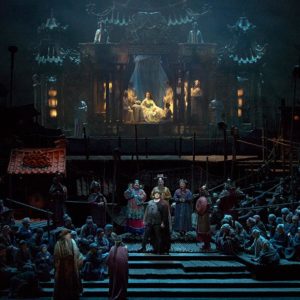

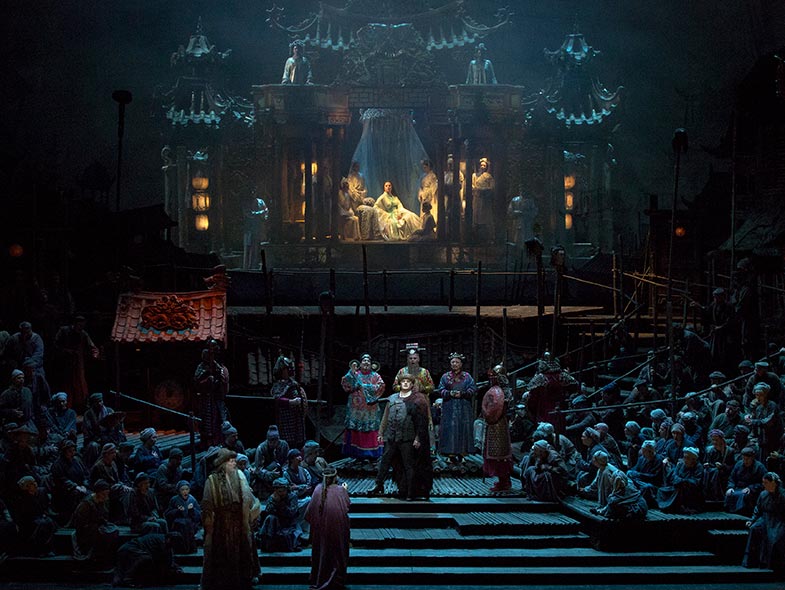

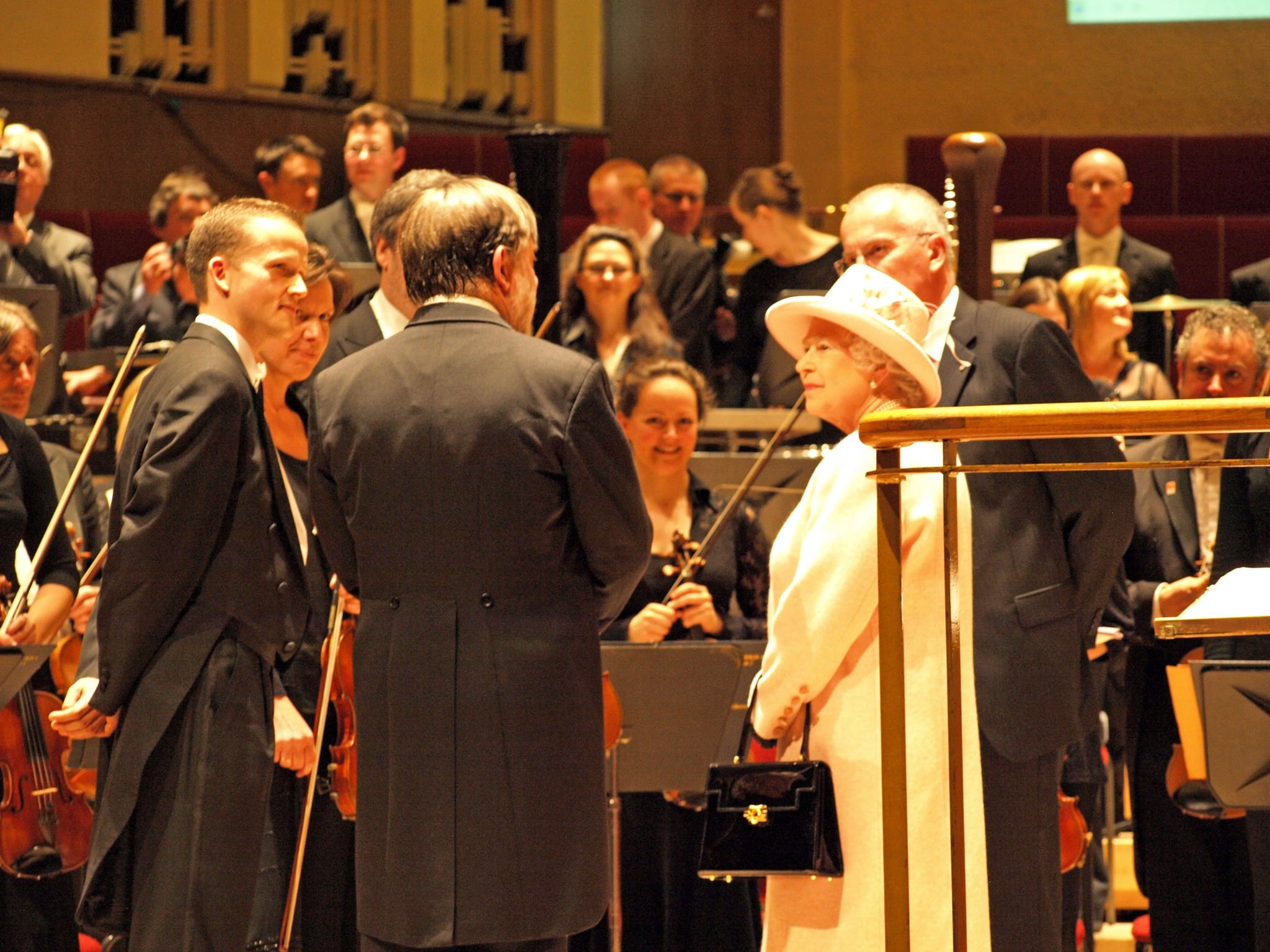
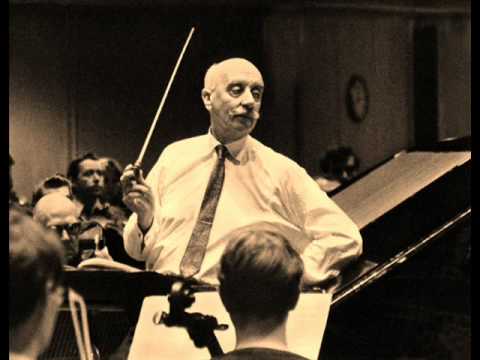
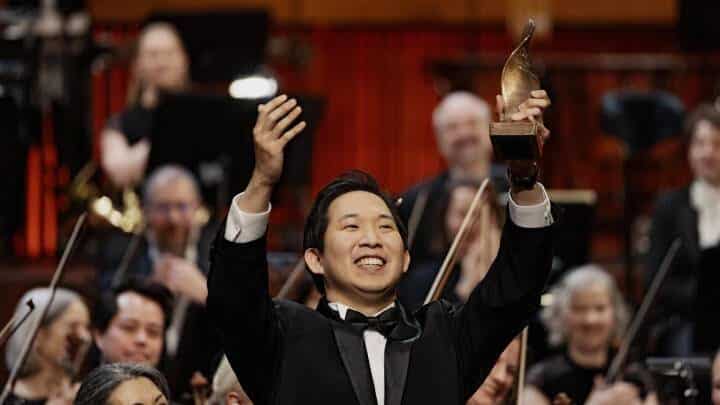
Anti-Asian Hostility? Have I missed something?
The Zeffirelli Turandot is one of the most spendid celebrations of ancient Chinese culture that I’ve ever seen. Simply beautiful.
TURANDOT and BOHEME are the Met productions that consistently sell out – or nearly so – no matter who sings.
Really? The bloodthirsty mobs cheering on the execution of Turandot’ s failed suitors? Turandot the barbarous “ice princess” etc. And yes I realize these are in the nature of the work itself which Zeffirelli accurately represents.
You can’t win with this baloney.
If you say you hadn’t noticed any anti asian hostility they’ll tell you it’s because of your ‘privilege’.
As ever, even debating this rubbish gives it undeserved legitimacy – like debating whether Covid is caused by 5G telephone masts.
Thanks for the heads up though, NL; I shall listen to The Mikado without delay while it’s still legal to do so. Then my Thomas Hampson CD of Stephen Foster songs – five acts of cultural appropriation for the price of one through the composer, the singer, the pianist, the violinist and the guitarist.
Don’t breath a word to the Metropolitan Police’s Thoughtcrime division – I might get arrested by a rapist!
…and in case I get a lecture from V. Lind about my typo in the last sentence, where I said ‘breath’ instead of ‘breathe’, I happily acknowledge my human frailty. But I’d also like to mention that this claptrap from the NY Times is not merely an attack on the Met but an attack on Puccini and Turandot. Tilting at windmills comes to mind.
Such a silly screed.
No danger from me, Herbie — I recognise the difference between a typo and the inability to spell simple words. And I completely endorse your viewpoint.
Thanks V. Lind – and for the record I share your view on the solecisms we find so frequently in written and spoken English. I guess we could exchange these for ages. A particular affliction these days is for anyone who is asked a question to begin the answer with ‘So…’. Then there’s ‘At this Pacific moment’ and ‘I was like’ to mean ‘I said’ or ‘I thought’, repeated ad nauseum. Of course, there are the errant apostrohes that should not be there, and the missing ones that should be there.
There was an establishment near me that had a very expensive sign put over the door that proclaimed its trade to be ‘Independant Financial Advisor’. And on London buses a sign tells you that there should be a certain number of seated passengers and another number of ‘Standees’! And on the same theme, I cringe at the use of ‘Attendees’ when there’s a perfectly good word, ‘Attenders’, which does not imply, as ‘Attendees’ does, that they were placed there by someone else.
Not surprisingly, one of the worst purveyors of illiterate English is the BBC, on their ‘Red Button’ text service. It’s really handy if you want a good summary of the latest news headlines – so good in fact, that the BBC were planning to axe it. Although the news headlines are useful, the texts occasionally look as though they were written by a first-year English student. And of course there’s the ubiquitous ‘Me and my friend went to the cinema’ and ‘ Between you and I ……’
I share all of those antipathies, particularly when it comes to the formation of simple plurals (that superfluous apostrophe!). My most frustrating bête noire is the seemingly ubiquitous confusion of “lay” and “lie.”
I remember many years ago seeing a sign in a restaurant window boasting the irresistible offer of “full coarse meals.” It was there for years before some enterprising news photographer noticed, and published, it. Thereafter, passersby were deprived of a well-known local laugh.
And I remember seeing a campaign sign for a Liberal candidate in bilingual Canada proclaiming “Nous sommes pret.” As his Tory opponent observed, in tipping off a journo, “How ‘prêt’ can you get!”
Doubtful that either of those errors would register with many of today’s editors.
Curious, the reluctance of today’s youth to employ the word “said.” An account of a conversation would tend to go “I was like…and then she goes…”, each of those limp verbs being followed by the thing said.
Oh for the TV protagonists of yore, like Morse and Rumpole, who would stick an irritated correction of a colleague’s cacology into a conversation.
We must resist this attenuation of standards of communication. It leads to reduced ability in the formation of logical thought, which brings us right back to the sort of nonsense that forms the topic of this thread.
Yours, in alliance,
VL
I didn’t realize that the attacks on Asians in the streets of New York City (the latest, a killing in Times Square) were inspired by the Met. You learn something every day.
Anti-Asian crimes in the U.S. this past year were overwhelmingly committed by black thugs who I guarantee have not seen Turandot or would ever. As Dave Chappelle quipped in his current Netflix special, he doesn’t know why black brothers would beat up Asians for no reason. the American woke chattering classes sicken me in their anti-white hypocrisy and idiocy.
Mrs MacDonald is right.
Tommasini’s interpretation is bizarre.
Tommasini and his ilk should found their own country somewhere else and leave the rest of us alone.
Let’s also ban FANCIULLA DEL WEST as it pokes fun at Indigenous People, and also insults Asians (“…faccia di Cinese…”) and Mexicans…RHEINGOLD paints an evil picture of dwarfs…RIGOLETTO makes fun of people with physical deformities…LA GIOCONDA victimizes the blind. In fact, almost every opera operas is offensive to one segment of the population or another. Close the Met now, and put A.T. out of a job.
Any minute now someone will apologise.
Bright Sheng knows from apologies.
The first point of departure needs to be prestigious American universities which have put quotas on the number of Asian students enrolled. Google this if in doubt.
More epic hypocrisy from the Left. (Not the sharpest tools in the shed.)
Not to mention the attacks on public science and technology high schools and advanced placement math classes, because there are too many Asians in them.
Usual ill-considered rubbish by the reliably uber-woke NY Times.
I’d be willing to bet that those perpetrating acts of anti-Asian bigotry are not waving banners with images of Puccini. What does need to be addressed are public school administrators like the one in Texas who told a teacher that since he/she was using a book which informed students about the holocaust that they needed to include one with another interpretation. In fairness a more senior administrator quickly stepped in to apologize and state that there is no other interpretation of the holocaust.
The atrocious “schools” minorities must attend in large cities run by hidebound Democrats is what needs to be addressed. It’s right in front of your face.
Talk about racism!
Comrade H I realize that facts are never an obstacle for you spouting disinformation but the incident cited took place in a rural Texas town overwhelmingly Republican politically. As for the rest it can safely be chalked up to another of your word salads meant to divide.
Virtually ALL Holocaust deniers in the U.S. are Republicans (or further right) or similarly neandrathalic types such as the Nation of Islam who represent the fundamentalist right of the Black community.
There are also school classes where pupils protest against the one-sided rules of arithmetics which creates mistakes and thus, feelings of insecutiry.
All of Tommasini’ s points are absolutely correct and were true long before Covid. Puccini’s portrayals of Asians in Madama Butterfly and Turandot were far more dehumanized and egregious than the more implicit anti-semitic caricatures of Wagner that are regularly denounced. And they have not worn well any more than those of the Mikado.
Should Dickens and Shakespeare be denounced and/or censored for creating stereotypical anti-semitic characters? If so how?
They have been (denounced, not censored) and regularly are. By the way, I haven’t noticed ANYONE calling for banning Turandot, just calling attention to the messages it conveys.
Turandot belongs to a long and noble tradition in opera of combining sublime music with preternaturally silly plots.
Among the many attractions of the form, I have rarely heard of anyone going to the opera in order to imbibe a message.
Though some of these newer ventures may change all that, if the Met’s opening offering is anything to go by.
It’s an opera, written by an Italian composer and librettists, based on a play by another Italian, taken from a story by a 12th century Persian poet and set in a fictional ‘Peking’ in legendary times. What’s not to like? What’s to be offended by?
Someone will be suggesting next it can only be performed by Chinese singers, apart from a Tartar tenor and bass, a soprano of another origin and a Persian tenor for his single line.
I seem to recall a run of Turandot here in sunny California where the ministers were given “good ole American names” like Bob, Joe… yet were still dressed in old-style mandarin garb. Not sure exactly if that was a more or less sensitive approach than, for example, just hiring the best singers and having them perform the roles as the composer intended.
While I consider myself very much on the left side of the aisle, I do have to shake my head sometimes at these “well-intentioned” attempts not to offend anyone. To be honest, as art music fades utterly from the American culture scene, a part of me wants us to go out with dignity, not apologizing for every perceived slight against the new sensitivity. As the current brouhaha with Bright Sheng shows, even apologizing is not sufficient once folks have made up their mind. Your opinion will not be deemed worthy, or honest.
Interesting. Tommasini didn’t say this when he reviewed the same production just two years ago.
Antony Tommasini , whose views I do not agree with, or respect, is an employee of The New Times and as such has a job to do and bosses to tell him how to do it in the current climate, irrespective of how he did the same job two years ago. If inconsistencies are pointed out, he can claim personal growth and maturity and increased insight. The fact that someone is paid to write this drivel is another warning sign of our times.
To be fair to him, he makes it quite clear why he takes a new view on what he admits is a well-sung performance. I do not endorse what I consider an illogical response, but I daresay he is entitled to offer it.
Who gave people like this so much power, and why do we so easily cave to them?
I’ve often wondered that and I can only assume that money changes hands.
Some secret billionaire is having a laugh paying people to encourage this nonsense.
New Yorkers interested in classical music don’t put a lot of store in Tommasini’s reviews. He is generally considered an idiot without scruples.
Having met him socially on several occasions, his personality pales in comparison to his prose. Imagine that…
An idiot without scruples sounds about right.
I would love to see the NY Times fire him and hire a proper critic.
I sometimes wonder if all this is just a social engineering evaluation, how stupid and gullible we actually are.
I was under the impression that racism was full of insults and pejoratives, but if you’re convinced it sounds like Puccini, then who am I to argue?
Funny but Tommassini – who famously ignored reporting on James Levine’s issues for years – has reviewed this Turandot production at least a dozen times in the past 30 years and never had a problem with it until now. Did some wave a fairy wand of wokeness over him in 2021?
Yes. Over time, developments in the real world might prompt somebody to look at something in a new way.
I have seen this wonderful production twice. It is pity that we live in these insane times.
If he wrote anything else, Tommasini would be hounded out of his job at the Times. There’s a narrative to uphold, after all.
Not very logical thinking by the critic: “…including a wave of anti-Asian hostility that has compelled the arts to reexamine lingering prejudices and racist stereotypes.” So anti-Asian hostility has resulted in such a reexamination? This makes no sense whatsoever.
What exactly makes Anthony Tommasini an expert on opera anyway? I have a hard enough time reading his instrumental music reviews (they’re never about reviewing the performance in question, his writing is more for him to show off his music history trivia knowledge). Same goes for his opera reviews.
Some type of critics are resentful that it is not THEM on the stage and achieving some musical feat; so they compensate for this by drawing attention to themselves. It gives them great satisfaction to read their own reflections in the newspaper the next day.
Zeffirelli too often leaves me with a sense of an overly idealized and arty view of history, spirituality, and culture–rationalizations that put a sugar coating on social reality. It came as no surprise to that he became a senator in Berlusconi’s Italia Forza party and that he was a conservative Catholic who held corresponding political views, especially about women’s rights.
(Berlusconi was the Italian Trump who came along 20 years before Trump did.)
I disliked Z.’s kitschy portrayals in his TV series Jesus of Nazareth. Little surprise that he described Martin Scorsese’s The Last Temptation of Christ as a product of “that Jewish cultural scum of Los Angeles which is always spoiling for a chance to attack the Christian world.”
Also little surprise the he was so esteemed at the Met. His blinkered idealizations and superficial extravagance were just the thing for the blue haired ladies and CEOs of New York’s cultural plutocracy. Part of the reason that Met productions have so often been a bit of an embarrassment around the world.
Sure, one could enjoy the detail and craftsmanship of it all, but one couldn’t escape the sense that it was not just an illusion, but a lie.
Not only that he was a viciously self-hating gay man. From Wikpedia: “He was criticized by members of the gay community for upholding the Catholic Church’s position on homosexuality and by others for support of the Church’s position on abortion which extended to calling for capital punishment for women who had terminated a pregnancy.” A total nutcase. Also: ask Waltraud Meier, among others, how he was to work with.
To borrow from one of your finest writers: Methinks Norman doth protest too much.
Tommasini is not “attacking” the MET. He’s making a not unreasonable point about how Chinese people are portrayed in this opera (and in particular this production), and suggests maybe it’s time to reconsider how this is done in a now-34 year old production, or whether this production has passed its sell-by date. Are we not free to have such a discussion?
Except he has reviewed Turandot god knows how many times and is only NOW having this issue?
My husband, who was born and raised in China, thinks all this hoopla about TURANDOT is absurd. He loves Puccini’s opera and the Met’s production of it, and finds nothing offensive in it.
He also thought that the New York City Ballet’s immediate response to a few complaints about the Chinese “Tea” dance in Balanchine’s NUTCRACKER – they changed the costuming, make-up, and gestures for the male dancer who performs it – was simply stupid.
Your husband is not a real Chinese! I have a friend who has as neighbours a Chinese family and one of the sons is always much worked-up about stories of some opera production where they don’t use real Chinese singers for character roles. He also studies the pipa but that may be a mere rumour.
Sally
Predictable. Glad I got to see it when I did.
Those idiots have suddenly discovered the Opera art…
And is using eye-makeup to create slanted Asian eyes any different than putting actors in blackface?
No, of course not. BOTH ARE STAGE MAKE-UP. GET OVER IT.
Only a couple of thoughts.
1-If Mr Tomassini had written the mentioned contents on discrimination some years ago, then we could susbtantially believe that he has a consistent way of ananlyzing opera librettos, and a world view that disapprove most of the repertoire he had given good marks -but now something changed….
2-If many composers had been born not in the past, but in these times, they would perhaps we aware of the current issues concerning different types of discrimination. One cannot be guilty of future actions, essentially being already in a cemetery, without voice or opinions.
3-If anybody with say some cultural knowledge of the opera repertoire had stop for a second and see under what type of internal logics all those minority characters act and suffer and that suffering is a metaforical reference to the entire humanity, then the entire argument about discrimination would be senseless -as part of those operas gives us a picture of how painful their existence (and our existence) is in the virtual world of a libretto -and the real world in our times.
as 1- could not be verified yet, and 2- is undemonstrable given the time-contradiction thus composers or operas should/could not be suppressed on present cultural basis before the composers’ ignorance of the future, it seems that 3- could be taken as simply an overview (or a sum fo cultural errors) about the usual interpretation by the musicians, pianists, conductors or singers who have played/accompanied/sang, for years, perhaps since our adolescent era.
4- and last, sorry for the lenght: it would be very interesting that some of the many explicitlly intelligent comments above read were developped into a bigger picture, perhaps using more examples. That would convinced many readers that this is…..hardly understandable….fallacious? it could apply here
greetings to all, thanking NL for bringing the discussion here.
Especially point 3 is very well put. Chapeau!
Opera (and classical music as a whole) is meant as commentary on the universal human condition.
The best and in many ways most dramatically truthful production I saw of Turandot set it in in pre-war fascist Italy.
I would hate to see Zeffirelli’s Turandot replaced, given the Met’s recent record of new productions, but it is more than time for Tommasini to go.
In hell, the only movie reviews are by Scotty Mendelson and the only opera reviews are by Anthony Tomassini.
To begin with, the opera by Puccini was written in in the 1920’s, unfinished and “completed” by another Italian, Franco Alfano in 1926 although there are several versions available: it was based on a 1801 work by Frederick Schiller, an even older work by an Italian count, and by a twelfth century Persian poet. The libretto was set by two Italians. Puccini wrote long before most people had ever travelled to China, before the advent of air travel and decades before political correctness. Even so, Puccini took care to base his work on a semblance of authenticity and being a superb composer looked to the Asian area for authentic songs. So, instead of criticism, hats off to him. For instance, the melody of a Chinese song called Moa Hi Loa became the motif for the princess, Turandot (up to eight of the themes the composer used were based on traditional Chinese music). The Chinese national anthem, moreover, is heard during the appearance of the Emperor. The government of the People’s Republic of China, even permitted the staging of the opera in the 1990’s to international acclaim. It is believed that the opening performances were conducted by no less an authority than Arturo Toscanini.
Surely any self-respecting critic, which Tommasini is not, would know all this. It is all publicly available and a well known story.
As with all great works of art, and remember that the famous aria, “Nessun Dorma”, comes from this opera, it has been subject to many interpretations, especially since it was unfinished by Puccini who died first.
However, this characterization of a great opera is so at odds with everything we know that it must be immediately dismissed, as Tommasini should be by his employer.
What an idiocy
The racist issue with Turandot lies not in the opera itself but in the casting. Casting a racist like Yusif Eyvazov in the lead is the offense. This is the same Azeri singer who not only refused to sing in Germany with an Armenian singer but went further and insisted she be removed (fired) from the production entirely, based solely on her rac. Would they cast someone who refused to sing with a black person because the person was black? Hopefully (and rightfully) not, yet here they are doing the same thing in casting Yusif the racist. I’ll wait for a better cast before I see this fantastic opera. Shame on the Met for hosting this racist.